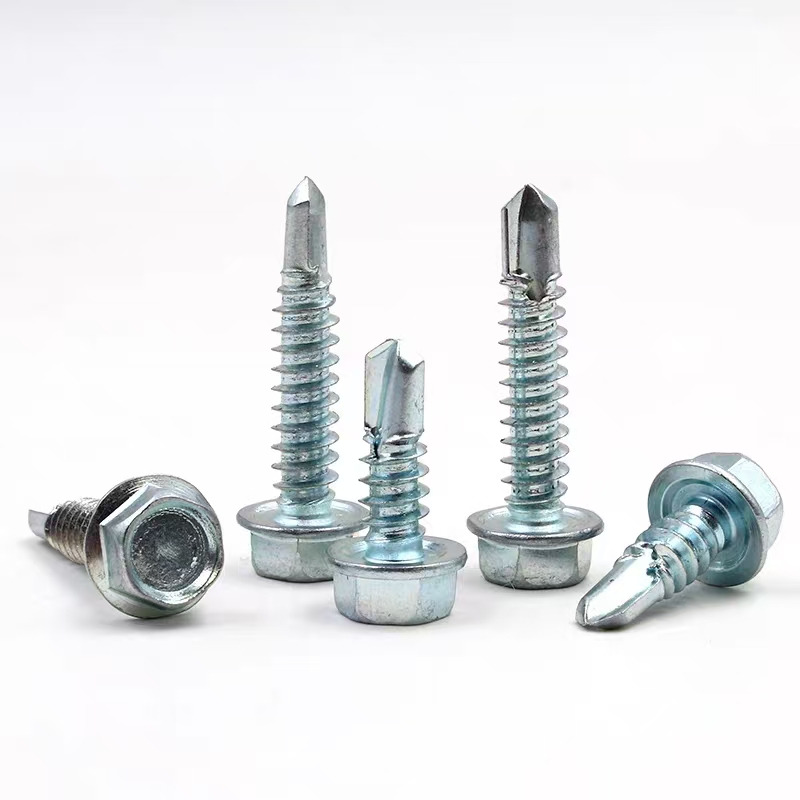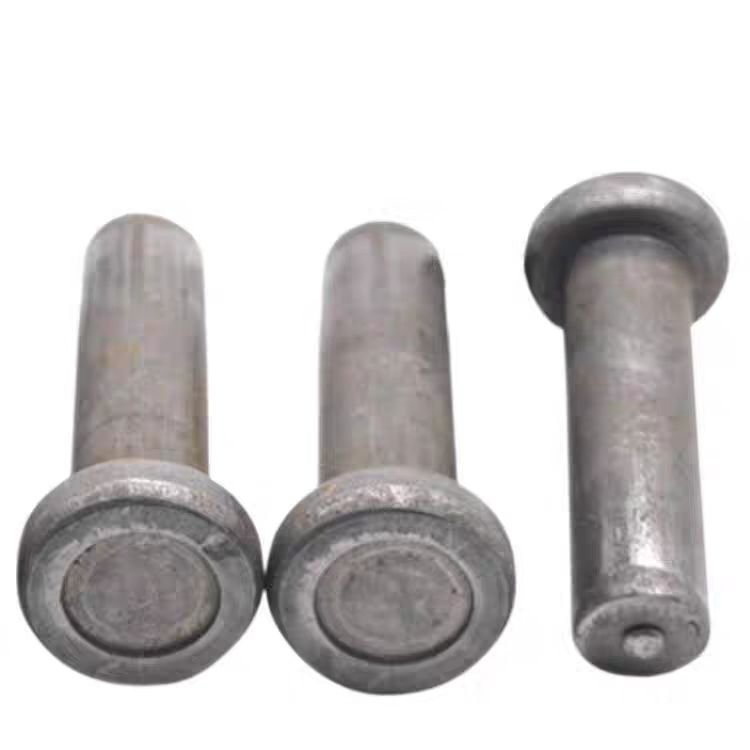- Chinese
- French
- German
- Portuguese
- Spanish
- Russian
- Japanese
- Korean
- Arabic
- Irish
- Greek
- Turkish
- Italian
- Danish
- Romanian
- Indonesian
- Czech
- Afrikaans
- Swedish
- Polish
- Basque
- Catalan
- Esperanto
- Hindi
- Lao
- Albanian
- Amharic
- Armenian
- Azerbaijani
- Belarusian
- Bengali
- Bosnian
- Bulgarian
- Cebuano
- Chichewa
- Corsican
- Croatian
- Dutch
- Estonian
- Filipino
- Finnish
- Frisian
- Galician
- Georgian
- Gujarati
- Haitian
- Hausa
- Hawaiian
- Hebrew
- Hmong
- Hungarian
- Icelandic
- Igbo
- Javanese
- Kannada
- Kazakh
- Khmer
- Kurdish
- Kyrgyz
- Latin
- Latvian
- Lithuanian
- Luxembou..
- Macedonian
- Malagasy
- Malay
- Malayalam
- Maltese
- Maori
- Marathi
- Mongolian
- Burmese
- Nepali
- Norwegian
- Pashto
- Persian
- Punjabi
- Serbian
- Sesotho
- Sinhala
- Slovak
- Slovenian
- Somali
- Samoan
- Scots Gaelic
- Shona
- Sindhi
- Sundanese
- Swahili
- Tajik
- Tamil
- Telugu
- Thai
- Ukrainian
- Urdu
- Uzbek
- Vietnamese
- Welsh
- Xhosa
- Yiddish
- Yoruba
- Zulu
- Kinyarwanda
- Tatar
- Oriya
- Turkmen
- Uyghur

China gasket maker
The Art of Gasket Manufacturing in China
In the heart of China's industrial landscape lies a hidden gem of manufacturing: the gasket makers. Often overlooked, these essential components are crucial for various applications ranging from automotive to industrial machinery. While it might appear straightforward, the process of creating a reliable gasket is anything but. Here, I'll recount some of the nuances involved and common misconceptions surrounding this specialized craft.
Understanding Gaskets: Beyond the Basics
The initial misunderstanding often starts with the assumption that all gaskets are the same. In reality, the material and precision involved in a gasket's production can make or break a machine's functionality. For instance, while rubber gaskets work great for plumbing, in high-temperature environments, one might lean towards metal variants. Expertise in materials science is vital, something a seasoned China gasket maker would appreciate.
Take Handan Zitai Fastener Manufacturing Co., Ltd. as a prime example. Nestled in the bustling hub of Yongnian District, Handan City, with connections to the Beijing-Guangzhou Railway and more, it exemplifies the marriage of accessibility and craftsmanship. Their strategic location facilitates the transit of materials and goods seamlessly, allowing for efficient production and delivery.
Understanding transportation logistics, like those leveraged by Handan Zitai, gives a gasket maker a significant edge. It's about the science of materials, but also the practicality of getting those materials where they are needed without a hitch.
The Process: From Concept to Completion
Incorporating feedback from real-world applications can drastically refine product quality. Say, a gasket initially designed for an engine might undergo dozens of iterations before achieving satisfactory thermal resistance. Listening to customer feedback isn't just a nicety—it's essential.
There's also the matter of international standards. Whether it's ASME, ISO, or another body, these guidelines dictate the specifications and tolerances a gasket must adhere to. A China gasket maker familiar with these can swiftly cater to diverse global markets, adjusting product lines to meet specific needs seamlessly.
Then there's testing. It's not just about popping a gasket in a machine and seeing if it works—aged degradation, thermal cycling, and pressure resistance are just a few tests these humble structures undergo.
Challenges and Adaptations
One significant hurdle is rapid technological advancement. With the rise of electric vehicles, the game changes. Traditional engine gaskets differ from those needed for electric motors, thus adapting design and materials becomes imperative.
Consider Handan Zitai again. Their website, zitaifasteners.com, showcases their flexibility in advancing technology, demonstrating their shift in product line focus as market needs evolve.
Moreover, price competition is fierce. Efficiency in production processes isn't just about cutting costs; it's about maintaining a balance—ensuring quality without sacrificing a competitive edge.
Real-World Applications and Case Studies
I recall a tractor manufacturer, a few years back, seeking a gasket solution due to leakage issues. Upon inspection, the problem stemmed from misalignment and material choice. By employing a silicone-based gasket, tailored for vibration endurance, the issue was resolved promptly.
Identifying the right application is a dance of art and science. It's not just about what's recommended on paper but understanding the client's machinery specifics and operating conditions.
These stories are common but emphasize an essential truth: understanding the client's industry and workflow is just as critical as the product knowledge itself. A strong relationship with suppliers fosters trust and better results.
Future Prospects and Industry Trends
Looking ahead, sustainability is becoming a substantial factor. Eco-friendly materials are gaining traction, presenting an exciting challenge and opportunity for manufacturers keen on innovation.
Handan Zitai, for instance, with its broad operational base in China, could be at the forefront, exploring new materials that meet eco-regulations while maintaining performance. This could not only open new markets but position them as leaders in sustainable manufacturing.
Ultimately, success in gasket manufacturing lies in embracing change—responding to market demands while maintaining a core of reliability and quality. The industry is ever-evolving, and those who stay flexible yet focused will undoubtedly thrive.
Related products
Related products
Best selling products
Best selling products-
 Hexagon socket hot-dip galvanized bolts
Hexagon socket hot-dip galvanized bolts -
 Black zinc flange bolts
Black zinc flange bolts -
 Black zinc plated countersunk cross bolts
Black zinc plated countersunk cross bolts -
 Welding nails
Welding nails -
 Colored zinc-plated gaskets
Colored zinc-plated gaskets -
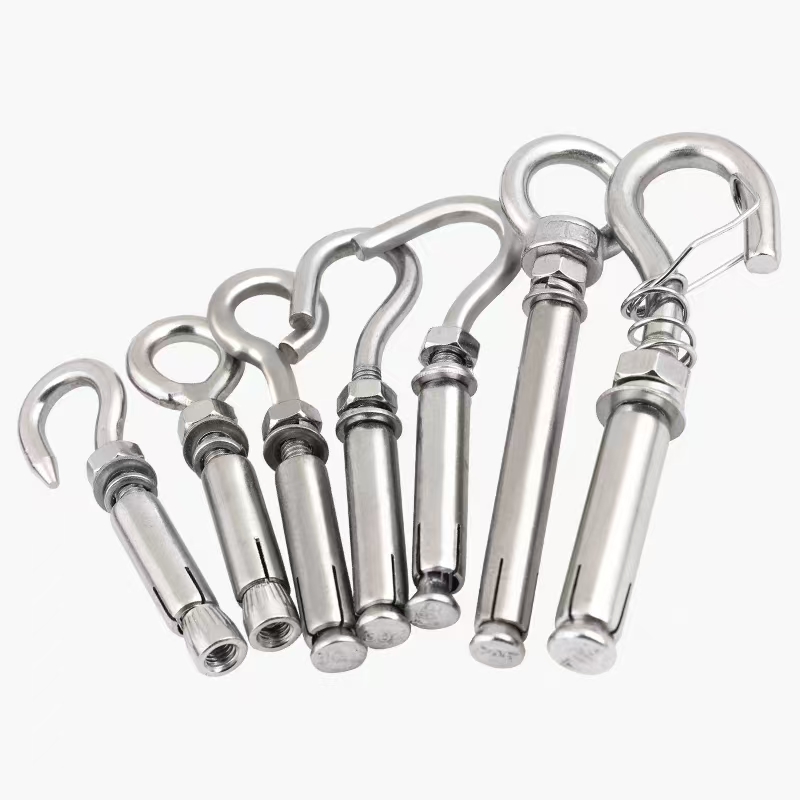 Electro-galvanized expansion hook
Electro-galvanized expansion hook -
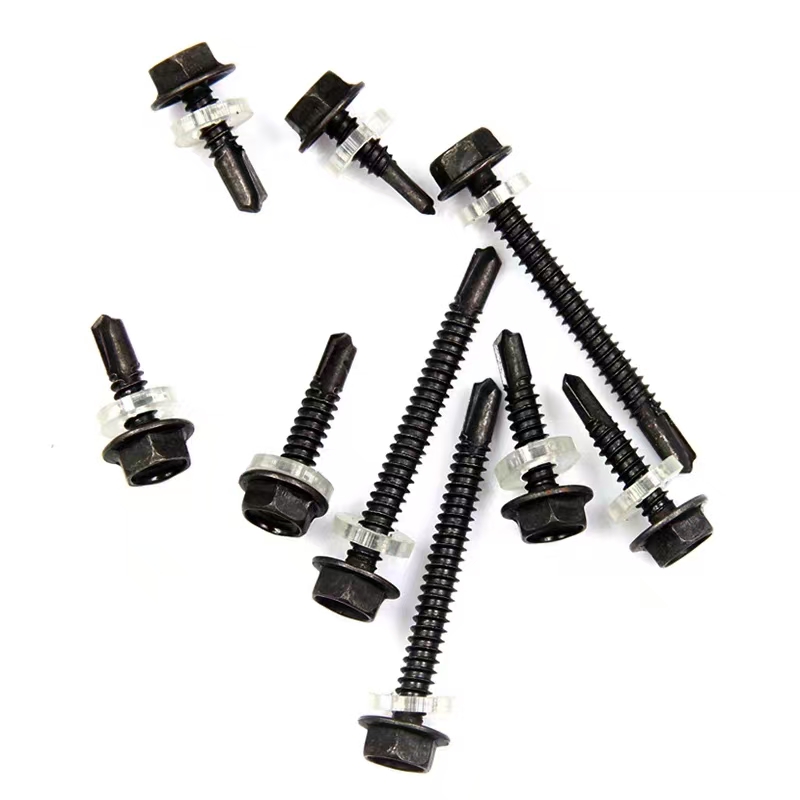 Black zinc-plated hexagonal drill tail wire
Black zinc-plated hexagonal drill tail wire -
 Basket bolts
Basket bolts -
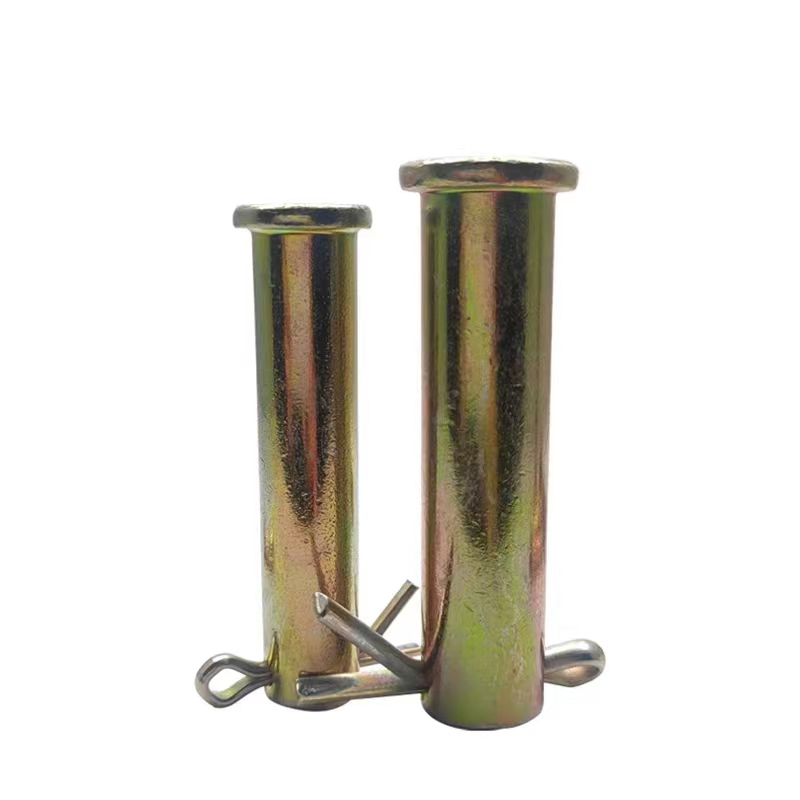 Colored zinc-plated pins
Colored zinc-plated pins -
 Hot-dip galvanized hexagonal bolts
Hot-dip galvanized hexagonal bolts -
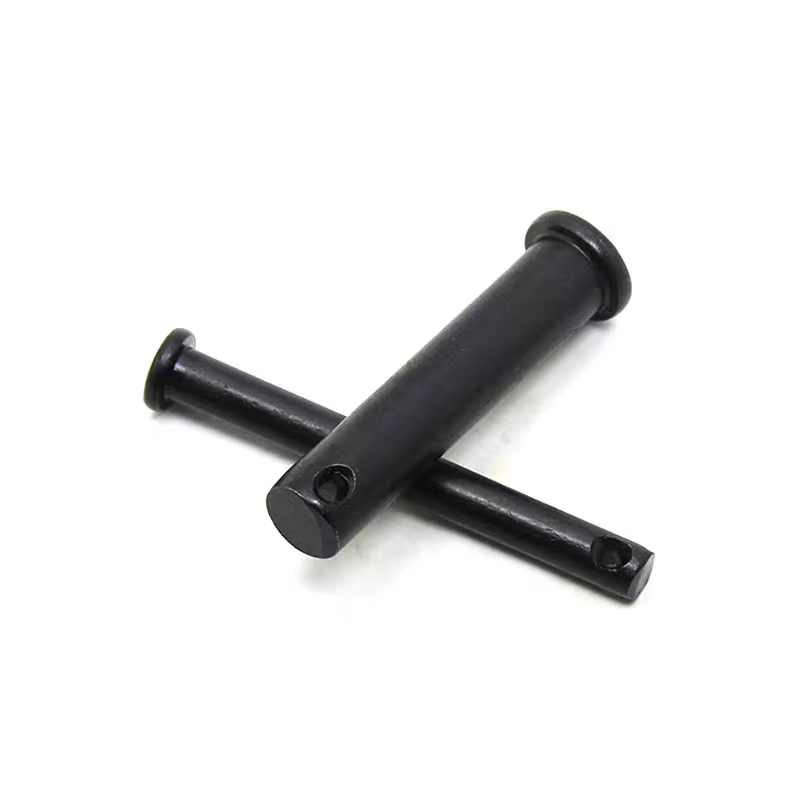 Black zinc plated pin shaft
Black zinc plated pin shaft -
 Colored galvanized hexagonal drill tail wire
Colored galvanized hexagonal drill tail wire







